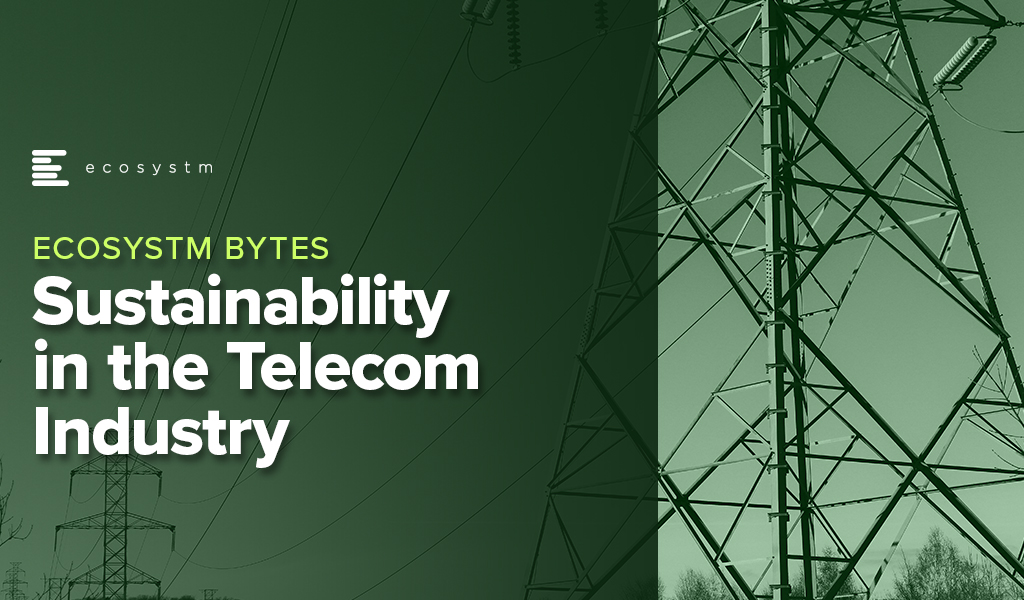COP26 has firmly put environmental consciousness as a leading global priority. While we have made progress in the last 30 odd years since climate change began to be considered as a reality, a lot needs to be done.
No longer is it enough for only governments to lead on green initiatives. Now is the time for non-profit organisations, investors, businesses – corporate and SMEs – and consumers to come together to ensure we leave a safer planet for our children.
February saw examples of how technology providers and large corporates are delivering on their environmental consciousness and implementing meaningful change.
Here are some announcements that show how tech providers and corporates are strengthening the Sustainability cause:
- IBM launches Sustainability Accelerator Program
- Microsoft boosts their Sustainability offerings by extending extend their EID tool for Microsoft 365
- Salesforce officially announce sustainability as a core company value
- Google enables Sustainable AIOps
- The Aviation industry (Southwest Airlines, ANA, Norwegian Air and Singapore Airlines) appears to be making a concerted effort to reduce carbon footprint.
Read on to find more.
Click here to download a copy of The Future of Sustainability as a PDF.

Telecom companies’ spending on utilities (electricity, fuel, and water) amounted to an estimated 5.2% of OpEx (excluding depreciation and amortisation) in 2020, a bit up from the previous three years. There is modest evidence that 5G adoption is driving costs higher. Early adopters, such as China Mobile, Ooredoo, Swisscom, Telecom Italia, and all three of Korea’s big telecom providers (SKT, KT, and LG Uplus) saw increases in utilities spend in 2020. Increases generally weren’t big but serve as a good reminder that telecom providers will need to seek out energy efficient equipment, software, and network architectures as 5G penetration grows.
Telecom providers also need to rise to the challenge of truly serving as enablers of sustainability. Rather than just viewing energy as a cost centre, they should work with customers and partners to move rapidly towards green energy and reductions in usage.
Some providers are already on this path, but not nearly enough.
At the COP26 there was a strong focus on collective action aimed at curtailing climate change trends. It is all the more important for private companies to take voluntary action. Unfortunately, they’ll only do that if they get public credit for such actions, or if the changes turn out to save money.
Telecom providers have a role to play here. They have an intimate relationship with millions of customers, and an understanding of how their behavior impacts energy usage. It’s time for them to start monetising the insights, help their customers decrease consumption, save cash and position themselves as climate friendly. Recent offerings from European telecoms such as KPN, Swisscom and Vodafone point in the right direction.
Click here to download Sustainability in the Telecom Industry as a PDF





















